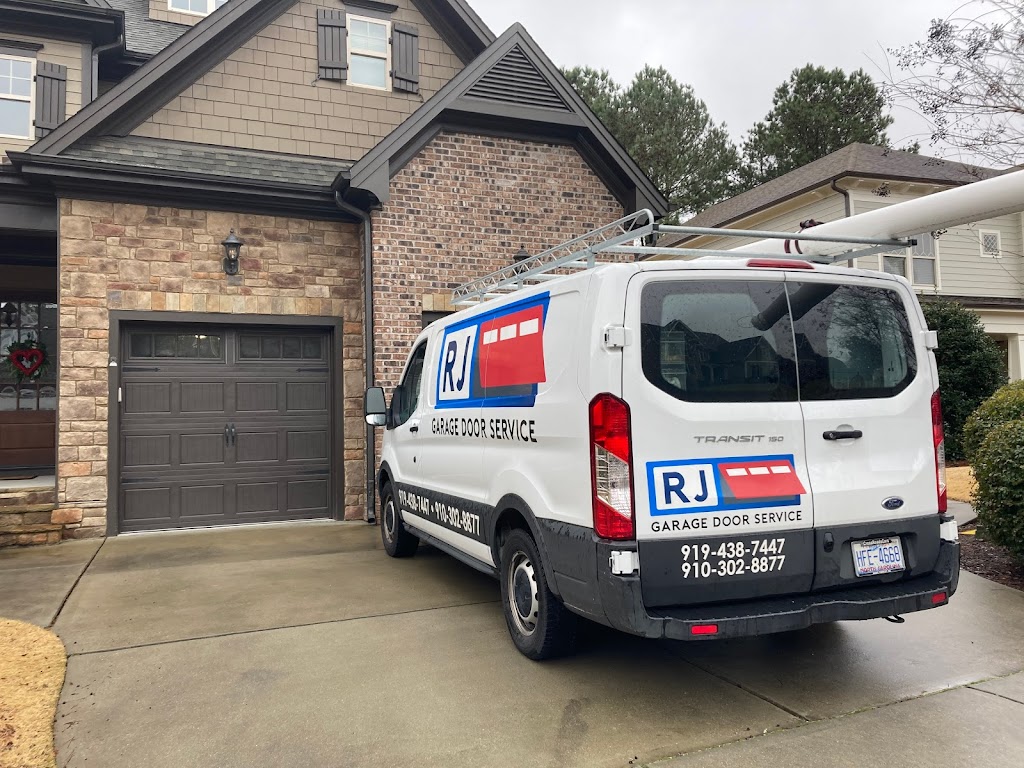Are you thinking about adding an RV garage to your home or upgrading your current one? You’re not alone! With more people embracing the RV lifestyle, having a dedicated space for your vehicle is becoming a must-have. But choosing the right RV garage door can feel overwhelming. Don’t worry, though—we’ve got you covered. Let’s break it all down so you can make the best decision for your home.
1. RV Garage Door Types: Which One’s Right for You?
RV garage doors come in several types, each with its pros and cons. Here’s a quick rundown:
- Roll-Up Doors: These doors are space-savers. They roll up into a compact coil above the opening, making them perfect if you’re tight on ceiling space.
- Sectional Doors: A popular choice! They’re made up of horizontal panels that glide along tracks. They offer great insulation options and look sleek.
- Swing-Out Doors: These open outward, giving your garage a more traditional barn-style vibe. However, you’ll need enough space in front of the garage for them to swing freely.
- Sliding Doors: These slide horizontally to open, offering a unique and easy-to-use design, but they do take up wall space on one side.
Each type has its unique appeal, so think about your space, budget, and personal preferences when choosing.
2. How Much Will It Cost?
Here’s the big question: how much should you budget for an RV garage door? The average cost ranges from $1,500 to $4,000, depending on size, material, and customization options.
Here’s a breakdown:
- Basic Steel Door: $1,500 – $2,000
- Insulated Steel Door: $2,000 – $3,000
- Wood Door: $3,000 – $4,000
- Custom High-End Door: $4,000+
Keep in mind, these prices typically don’t include installation, which can add another $500 to $1,000. It’s a good idea to get a few quotes to find the best deal.
3. Material Options: Choosing What Works Best
The material of your RV garage door matters—a lot. Here are some common options:
- Steel: Durable, low-maintenance, and cost-effective. It’s a favorite for many homeowners.
- Aluminum: Lightweight and rust-resistant, making it ideal for wet climates.
- Wood: If you want a classic, luxurious look, wood is the way to go. Just remember, it requires more upkeep.
- Fiberglass: Lightweight and customizable, but it may crack in extreme temperatures.
Your choice depends on your budget, climate, and aesthetic preferences.
4. Insulation and Energy Efficiency: Stay Comfortable
An insulated garage door is a game-changer, especially if your garage doubles as a workspace or you live in an area with extreme temperatures. Insulated doors help:
- Keep the garage temperature stable.
- Reduce energy costs by preventing heat loss or gain.
- Minimize noise (a huge bonus if you live in a busy neighborhood).
Look for doors with a high R-value (a measure of insulation effectiveness). For RV garage doors, an R-value of 10 or higher is ideal.
5. Available RV Door Sizes: Bigger is Better
RV garage doors are typically taller and wider than standard garage doors to accommodate your vehicle. Here are the common sizes:
- Width: 12 to 16 feet
- Height: 12 to 14 feet
Make sure to measure your RV, including any roof attachments, and give yourself some extra clearance for easy parking. Custom sizes are also available if your RV is larger than average.
6. Durability and Maintenance: Keep It Looking Great
You want a garage door that lasts. Steel and aluminum are known for their durability, but they’ll need occasional cleaning to prevent rust or corrosion. Wood doors, while beautiful, require regular sealing or painting to protect them from weather damage.
Routine maintenance like lubricating the tracks and checking the springs can also extend your door’s lifespan. Pro tip: schedule an annual inspection with a professional to catch any issues early.
7. Noise Level: Keep It Quiet
No one wants a noisy garage door, especially if you’re an early riser or have neighbors close by. Fortunately, modern RV garage doors come with quieter operation systems. Look for:
- Insulated doors, which naturally reduce noise.
- Quiet openers, like belt-driven systems.
- Nylon rollers, which create less friction than metal ones.
These small upgrades can make a big difference in keeping things peaceful.

